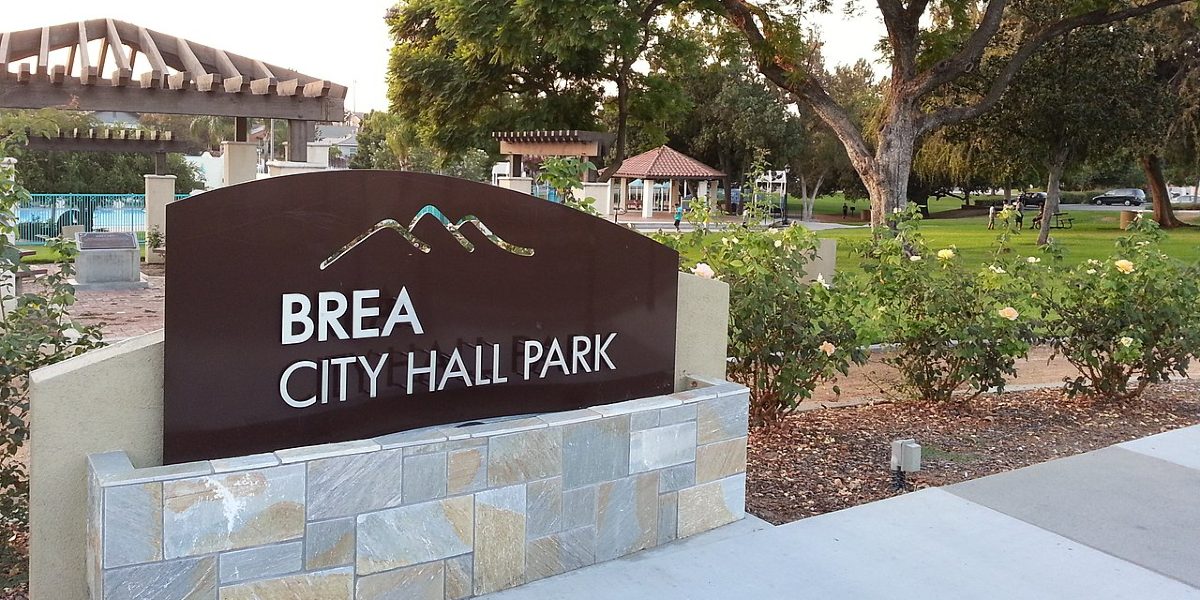“Every great cause begins as a movement, becomes a business, and eventually degenerates into a racket.“
-Eric Hoffer, American philosopher
When it comes to the California Voting Rights Act (CVRA), the question is whether it is still a business or has jumped the shark to the status of racket.
Our vote is for the latter, and now that CVRA hustlers have come to Brea, we’re betting more than a few of its good citizens will agree.
The California Voting Rights Act was passed in 2001 as a tool for forcing cities and school districts to switch from at-large to by-district elections. The underlying idea was at-large elections traduced the ability of racial and ethnic minorities to elect their “candidate of choice.”
Whatever its original merits, the reality is the CVRA is less a tool for advancing civil rights and more of a business plan for making niche practice attorneys wealthy.
CVRA puts targeted jurisdictions in a no-win situation. As the legislation
The racket goes like this:
- An attorney finds a city or school district that elects its governing body via at-large elections.
- The attorney finds a member of a “protected class” to be the plaintiff.
- On that plaintiff’s behalf, the attorney sends a letter to the city or schools districting claiming its at-large sues or threatens to sue the city or school district – alleging his client has been denied the election of his or her “candidate of choice due to “racially-polarized voting.”
- The attorney demands the city/school district abandon at-large elections in favor of by-district elections – regardless of whether or not the citizens want it.

At that point, the jurisdiction can either surrender or litigate. Since their only real hope of prevailing is fighting it all the way to the US Supreme Court, they choose to surrender. Either way, the attorney collects his legal fees. It’s a no-lose money-making proposition (for the CVRA attorney, not the taxpayers). Just sending the letter ensures a minimum $30,000 payday.
The leading impresario of this area of lawyering is Kevin Shenkman – a familiar name to the growing roster of cities and school districts that have written large checks to his law firm over the years. The California Civil Rights Act has made attorney Kevin Shenkman millions of dollars.
How is the claim of “racially-polarized voting” is settled? A good question without any real answers. CVRA lawyers like Shenkman contend they can divine voter intent from past elections via the voodoo of “regression analysis” but the reality is no one has ever tried. There’s no need – the CVRA is written to ensure the Shenkmans always win.
But what if the citizens or a city or school district oppose by-district elections? Might they not be allowed the opportunity to decide for themselves by putting the matter to the ballot?
Nope. In fact, CVRA proponents contend allowing the voters to decide would be racially discriminatory. The lawyers pressing a CVRA lawsuit against Anaheim in 2012-2014 claimed exactly that.
When Shenkman sued the City of Orange on behalf of a progressive activist in 2019, his settlement demand specifically forbade allowing the people of Orange to decide how they wanted to elect their councilmembers.
Now it is the turn of Brea taxpayers to be shaken down. The city has chosen the better part of valor and is surrendering as expeditiously as possible while the meter of Shenkman’s billing hours spins. At a special meeting last night, the city council narrowed its choices down to two maps.
A brave few are taking a stand. In a rare act of rebellion, two Brea citizens are suing to stop the city’s surrender, and for continuing to elect the city council at-large.
Two former council candidates, Richard Rios and Mike Kim, are suing to stop the switch to districts. Two citizens of Hispanic and Asian heritage, respectively, reject the CVRA’s racial identity logic and prefer being able to hold all their council representatives accountable at the polls.
At-large v. by-district elections have their pros and cons. But it is inarguable that switching to district elections means that four of Brea’s five councilmembers won’t have to care what most Brea voters think since they won’t suffer any consequences at the polls.
Rios and Kim want all Brea council members to continue being accountable to all Brea residents. And they’ve gone to court in defense of that right.
“This case is about protecting the voting rights of everyday voters in Brea whose rights are being targeted by out-of-town interests,” said attorney Steve Baric, who is representing Kim and Rios. “Brea is a city with a rich history of diversity on its council. Districts would lead to the exact problems the CVRA was designed to protect against.”
We shall see if they obtain justice. Or if Kevin Shenkman collects another big payday, moves on to his next victim and the CVRA racket continues.


